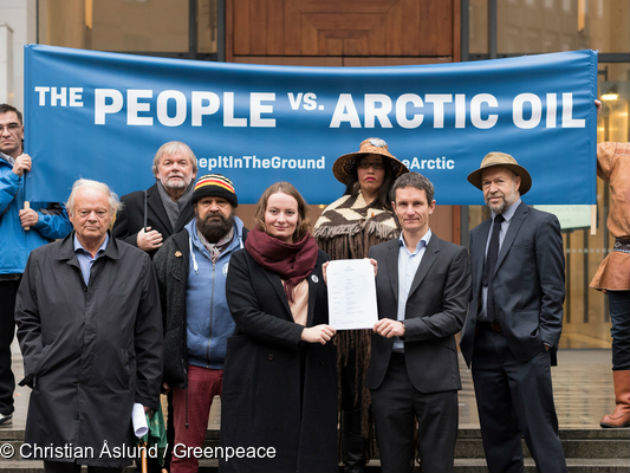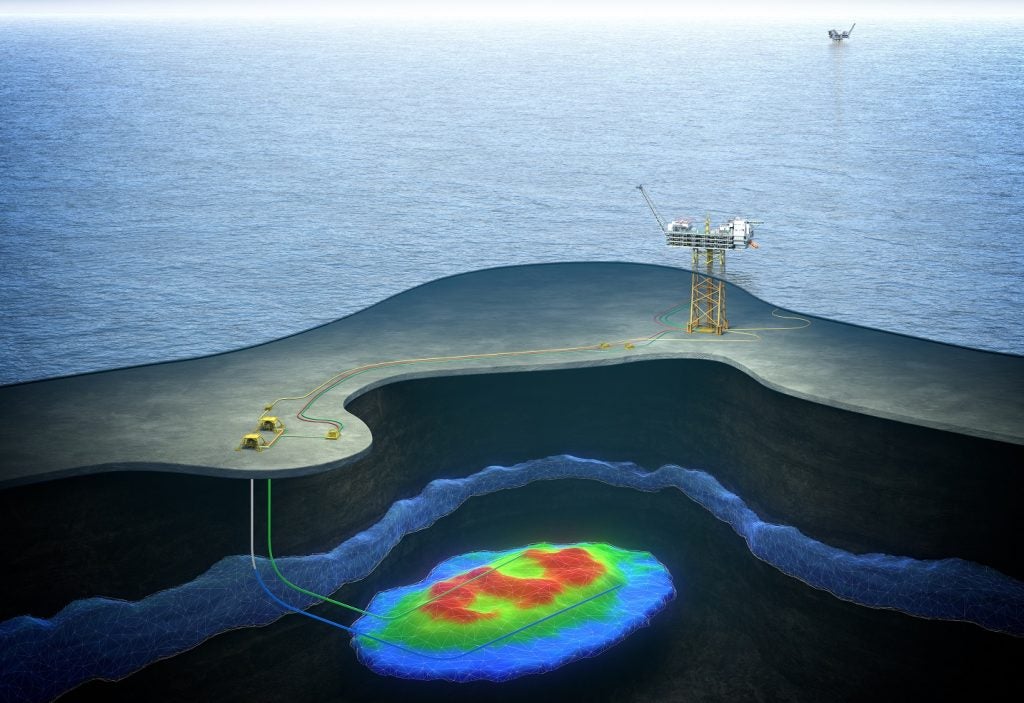Share this article

Go deeper with GlobalData
Related Company Profiles

Sign up for our daily news round-up!
Give your business an edge with our leading industry insights.



